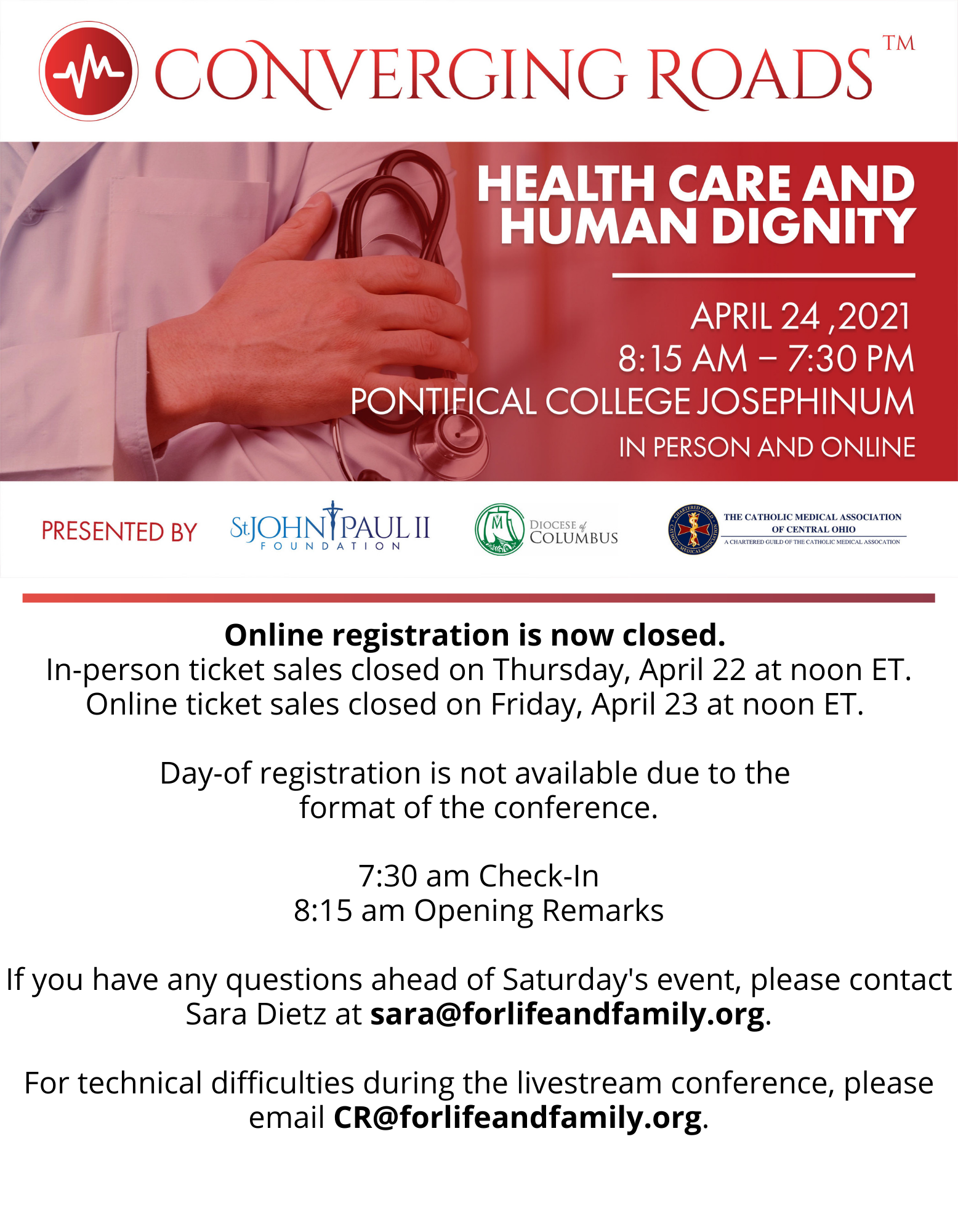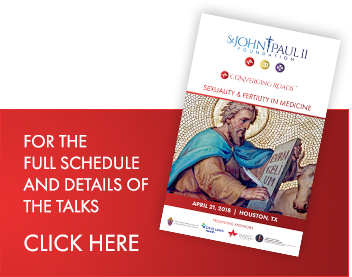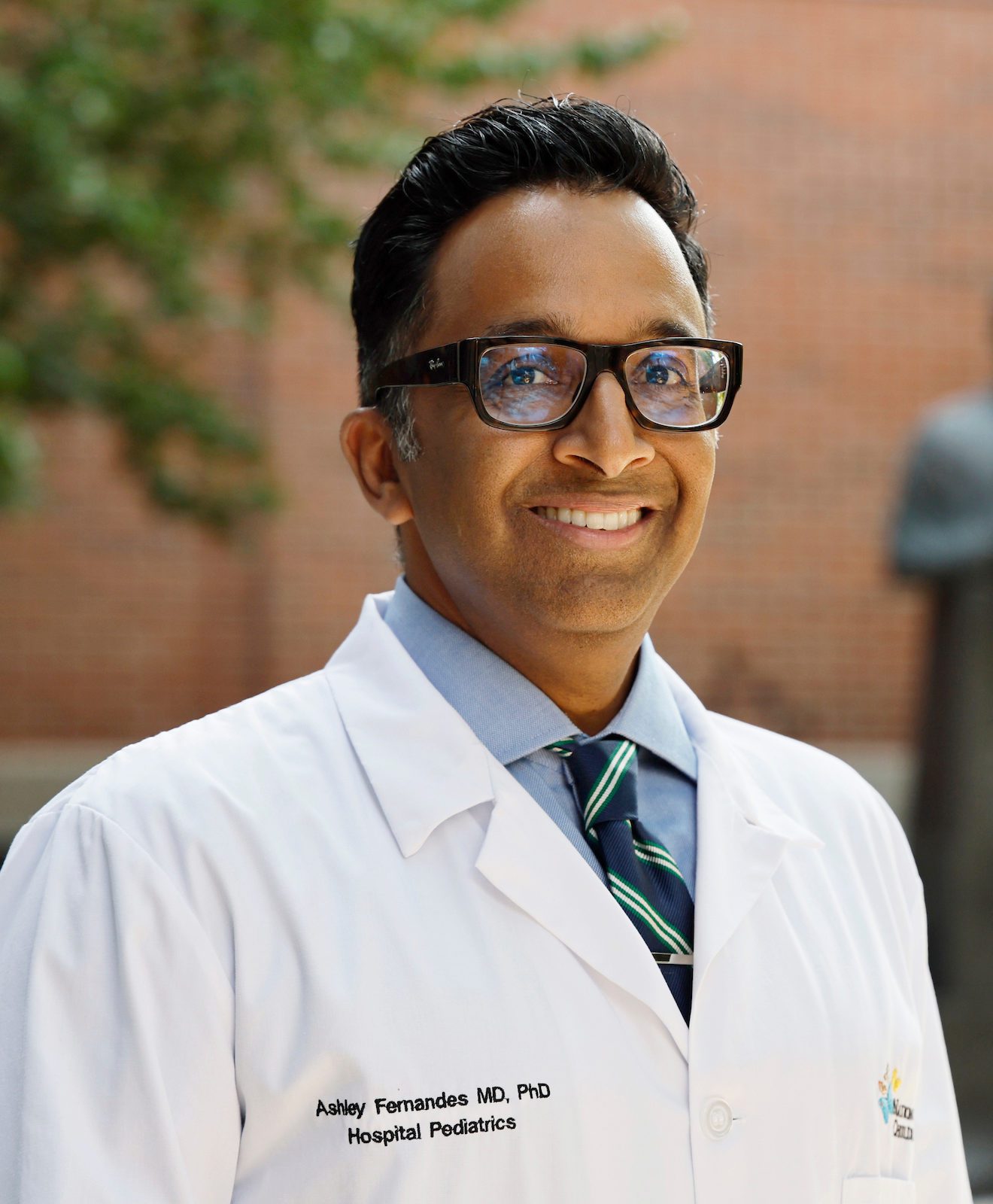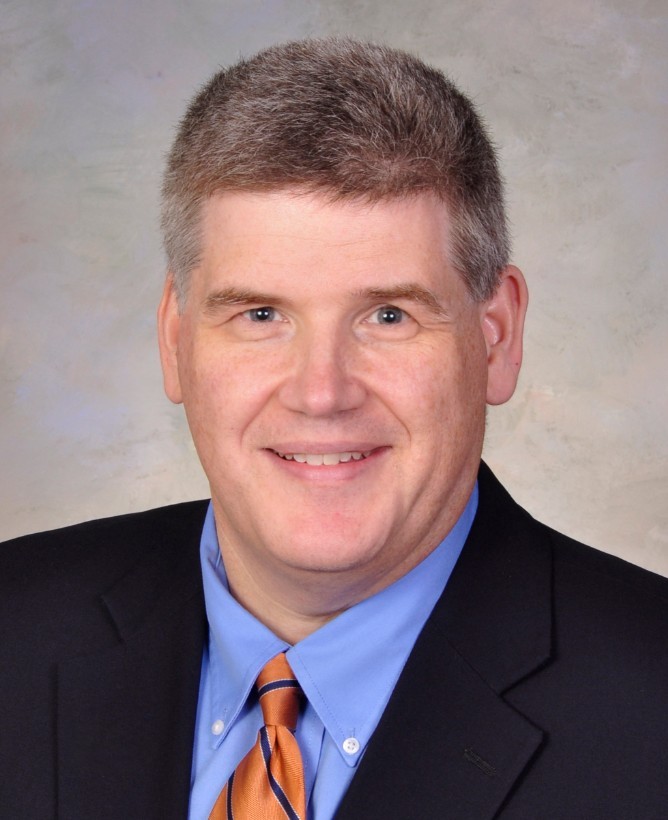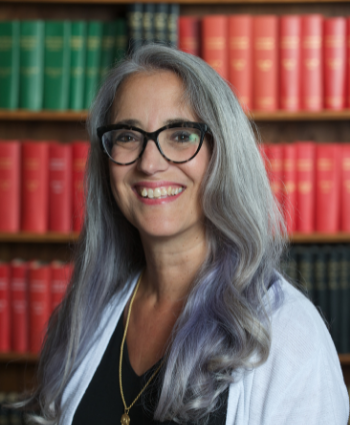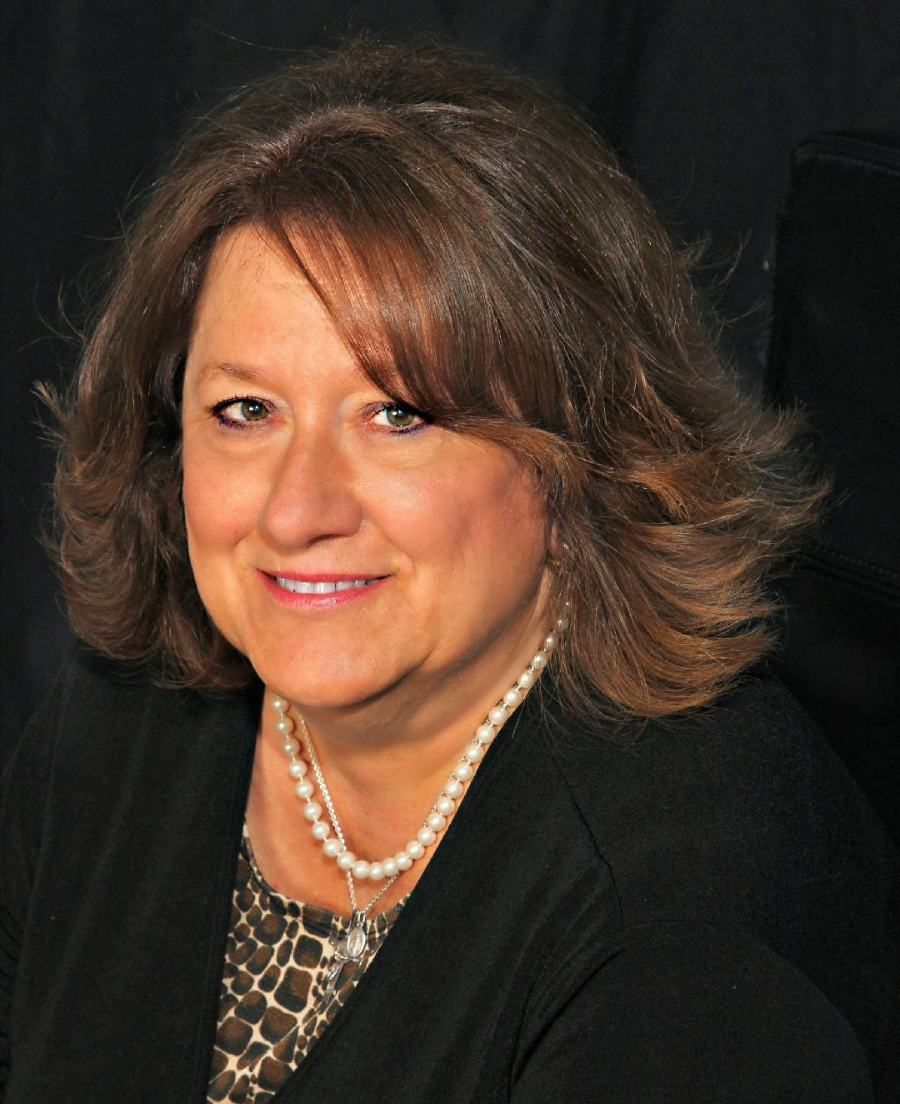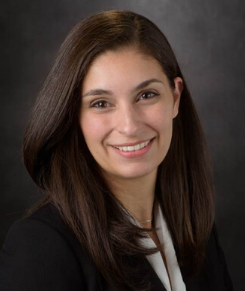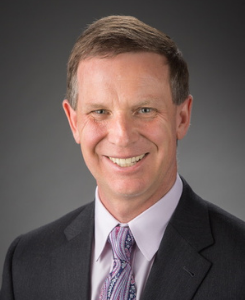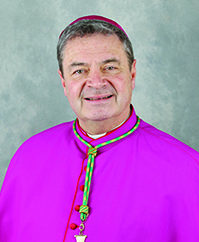about Converging Roads
Where Health Care Ethics and Medicine Converge
Converging Roads is a regional conference series offering continuing education for health care professionals that equips them to practice the highest ethical and medical standards of their profession. To learn more about Converging Roads, click here.- Feedback from past Converging Roads attendees:
- "I’m so glad I attended. It was so insightful and gave me more knowledge on how to study more about human dignity, disabled persons and the correct way to explain our duty to others (as health care providers to our patients)."
- "It is edifying to be with so many people trying to live their faith in a field that constantly challenges the truth."
- "Thus far in my (nascent) career, my Catholic and medical identities have unfortunately been largely separate. I’m confident that the knowledge I obtained at Converging Roads and my subsequent reflection will serve me well on my path towards becoming the Catholic physician I’m striving to be."


Health + Safety Guidelines
As part of our mission to uphold the sanctity of life and family, the St. John Paul II Foundation is committed to the health and safety of all conference participants. In order to protect you and your patients, we are following recommendations from our host facilities and the State of Ohio, and this year’s Converging Roads will be offered both in person and online. Please see below for ticket options and pricing.
- We know that Converging Roads is an important ministry to you as health care professionals, and we desire to serve you through this conference. We are developing precautions to ensure adequate social distancing, minimize contact with high-touch surfaces, and maintain a safe and clean environment for those who choose to attend in person. Please view our Health and Safety Guidelines flyer for more specific information regarding our protocols for this event.
- We are truly blessed to serve you, and please be assured of our prayers!
- *Policy is subject to change; dependent on state and local guidelines at the time of the conference.
REGISTRATION
REGISTRATION IS NOW CLOSED
FOR SPONSORSHIP OPPORTUNITIES AND MORE INFORMATION, CONTACT
- Sara Dietz, Conference Coordinator
- 832.779.1070
- [email protected]
In-Person Ticket Options:
- Physicians/Physician Assistants: $149
- Nurses/Nurse Practitioners: $129
- General Admission*: $79
- Medical residents, clergy, or religious*: $69
- Student Scholarship Rate**: $15
Online Ticket Options:
- Online tickets include access to the livestream on Saturday, April 24, as well as approximately 72 hours of access to the recordings (from noon ET on Sunday, April 25, to 11:59 pm ET on Wednesday, April 28).
- Physicians/Physician Assistants: $119
- Nurses/Nurse Practitioners: $99
- General Admission*: $49
- Medical residents, clergy, or religious*: $39
- Student Scholarship Rate**: $0
- *Not eligible for CME/CNE credits, however, Chaplain certificates of completion can be requested upon registration for continuing education purposes.
- **Not eligible for CME/CNE credits.
Exhibitor Opportunities:
Includes 1 exhibitor booth and admission for 1 organizational representative- Ministry/Non-Profit (including CME/CNE credits): $170
- Ministry/Non-Profit (not including CME/CNE credits)*: $100
- Vendor/For-Profit (including CME/CNE credits): $220
- Vendor/For-Profit (not including CME/CNE credits)*: $150
- *Not eligible for CME/CNE credits, however, Chaplain certificates of completion can be requested upon registration for continuing education purposes.
TOPICS
-
Medicine and Morals in Making Clinical Decisions
- Greg Burke, MD, FACP
-
Ordinary, Extraordinary, and Futile: What’s the Difference and What Difference Does it Make?
- DiAnn Ecret, PhD, MSN, RN, MA
-
Rights of Health Care Professionals: How to Integrate Faith and Ethics in Moral Medicine
- Ashley K. Fernandes, MD, PhD
-
Addiction and the Opioid Crisis: Treating the Whole Person
- Cynthia Hunt, MD
-
The Catholic Health Care Professional in a Secular Society
- Thomas W. McGovern, MD
-
Accompanying Children in the Womb and at the End of Life
- Robin Pierucci, MD, MA
-
Access to Health Care for the Poor
- Claudia R. Sotomayor, MD, DBe
SCHEDULE
7:30 AM |
Check-In/Registration Opens |
8:15 AM |
Opening Remarks |
8:25 - 9:25 AM |
The Catholic Health Care Professional in a Secular Society |
9:30 - 10:30 AM |
Ordinary, Extraordinary, and Futile: What's the Difference and What Difference Does it Make? |
10:30 AM |
Break |
10:45 - 11:45 AM |
Medicine and Morals in Making Clinical Decisions |
11:45 AM - 1:30 PM |
Hippocratic Oath Luncheon |
12:10 - 1:10 PM |
Rights of Health Care Professionals: How to Integrate Faith and Ethics in Moral Medicine |
1:30 PM |
Break |
1:50 - 2:50 PM |
Accompanying Children in the Womb and at the End of Life |
2:55 - 3:55 PM |
Addiction and the Opioid Crisis: Treating the Whole Person |
3:55 PM |
Break |
4:10 - 5:10 PM |
Access to Health Care for the Poor |
5:10 PM |
Closing Remarks |
5:30 PM |
Mass |
6:30 - 7:30 PM |
Wine & Cheese Reception |
Speakers
SPONSORS
CONTINUING EDUCATION

Accreditation
This activity has been planned and implemented in accordance with the Essential Areas and Policies of the Accreditation Council for Continuing Medical Education (ACCME) through the joint providership of the Christian Medical & Dental Associations (CMDA) and St. John Paull II Foundation. Christian Medical & Dental Associations is accredited by the Accreditation Council for Continuing Medical Education to provide continuing medical education for physicians.
Physician Credit
The Christian Medical & Dental Associations designates this educational activity for a maximum of 7 AMA PRA Category 1 Credit(s)™. Physicians should only claim credit commensurate with the extent of their participation in the activity.
Physician Assistant
AAPA accepts certificates of participation for educational activities certified for AMA PRA Category 1 Credit(s)™. by an organization accredited by the ACCME or a recognized state medical society. Physician assistants may receive up to 7 credits for completing this activity.
Nurse Practitioner
The American Academy of Nurse Practitioners Certification Program (AANPCP) accepts AMA PRA Category 1 Credit™ from organizations accredited by the ACCME. Individuals are responsible for checking with the AANPCP for further guidelines. Nurse practitioners may receive up to 7 credits for completing this activity.
Nursing
This nursing continuing professional development activity was approved by the Ohio Nurses Association, an accredited approver by the American Nurses Credentialing Center’s Commission on Accreditation (OBN-001-91). Nurses may receive up to 7 credits for completing this activity.
Objectives:
– Define proportionate and disproportionate and provide specific examples.
– Identify the weaknesses of the language of futility in decision making.
– Describe the criteria used to determine whether a treatment is morally obligatory (proportionate) or morally optional (disproportionate).
– Discuss the principles of proportionate and disproportionate means.
– Discuss navigating complicated ethical and medical dilemmas.
– Identify how to enhance communication and positive outcomes for patients and families.
– Describe medical care that is commensurate with the condition of the patient.
– Discuss the role of communication and spiritual care offered to families that is commensurate with the condition of the patient.
– Analyze two case studies in regard to the ethical course of action in light of the principles articulated and medical condition of the patient.
– Identify the role of faith for medical professionals, patients, and their families.
– Discuss the rights of medical professionals to exercise rights of conscience and religious liberty in the context of diverse medical settings.
– Discuss the health crisis regarding opioid abuse and overdosing.
– Propose a path forward for alleviating the opioid crisis through prevention, treatment, and recovery programs.
– Suggest a response for Catholic facilities and Catholic medical professionals with consideration for what practices and interventions can be implemented for the opioid crisis.
– Discuss the role of faith and religion in the practice of medicine.
– Identify what is distinctive about medicine inspired by a Catholic world view and how such medicine leads to positive outcomes.
– Identify methods practitioners can maintain their Catholic faith and professional expertise to the service of patients.
– Discuss the importance of medical professionals integrating ethical principles into the encounter with patients.
– Demonstrate an understanding of the ethical issues associated with the care of neonatal and fetal patients.
– Describe how the ethical issues associated with the care of neonatal and fetal patients may differ from the same kind of care at other stages of life.
– Identify best practices for communicating diagnoses with parents and caregivers.
– Identify how to best offer support to families.
– Identify the effects of social determinants of health in a hospital system.
– Discuss the challenges, joys, and unique needs of health care to the poor.
– Identify effective models for ensuring robust access to health care for the poor.
Chaplains
The National Association of Catholic Chaplains has approved this program for 7.25 Continuing Education Hours. Please select the General Admission or Clergy/Religious (if applicable) ticket option and request a certificate of completion on your registration form. For questions, please email [email protected].
Venue
Pontifical College Josephinum, The Jessing Center
7625 N High St
Columbus, OH 43235
For More Information:
Sara Dietz, Conference Coordinator
832.779.1070
[email protected]
CONTACT US
-
PHONE
832.779.1070
-
PHYSICAL ADDRESS
1177 W Loop South, Ste. 940
Houston, TX 77027 -
MAILING ADDRESS
P.O. Box 5927
Katy, TX 77491
